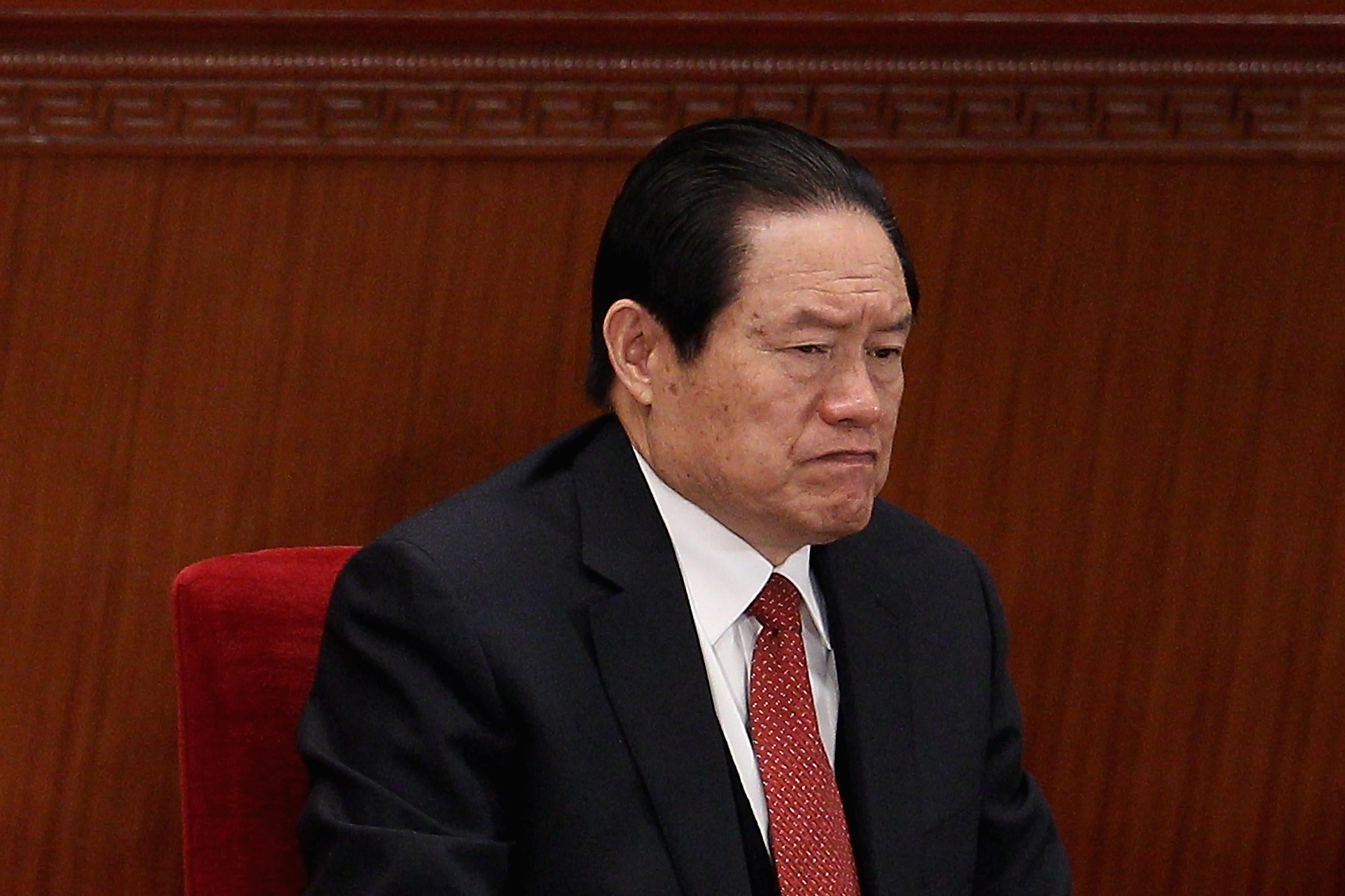One of the recent international developments that would have been a huge news story any other month was China launching an investigation into former domestic security chief Zhou Yongkang for vaguely defined “serious disciplinary violations.” Zhou isn’t just the most high-profile target so far for President Xi Jinping’s ongoing anti-corruption crackdown, as a member of China’s nine-member Politburo Standing Committee until he retired two years ago, he could be the highest-ranking Chinese official to face criminal charges since the early 1980s.
There’s good reason to be cynical about the ongoing crackdown, which often seems motivated more by a desire to sideline prominent political threats to Xi’s rule than to clean up corruption. (If Xi’s really so concerned about exposing corrupt officials, something called a “free press” might help.)
Nonetheless, the crackdown, and the move against the previously untouchable Zhou in particular, seems to be popular with the Chinese public. It also may be changing some career ambitions and having an impact on membership in the world’s largest political party.
The Financial Times reports that “last year, just 2.4m people joined the [Chinese Communist Party]—a quarter fewer than in 2012—marking the smallest number of new members since 2003.”
It may be that increasing rates of entrepreneurship and the growing prominence of the private sector in the Chinese economy are making party membership less vital to success.
But some experts also believe that due to Xi’s anticorruption campaign, the perks of membership aren’t what they used to be and high rank in the party no longer carries the security and impunity that it used to.
Given the recent spate of suicides among high-ranking officials, it’s not surprising that party membership may not seem quite as appealing as it used to.
